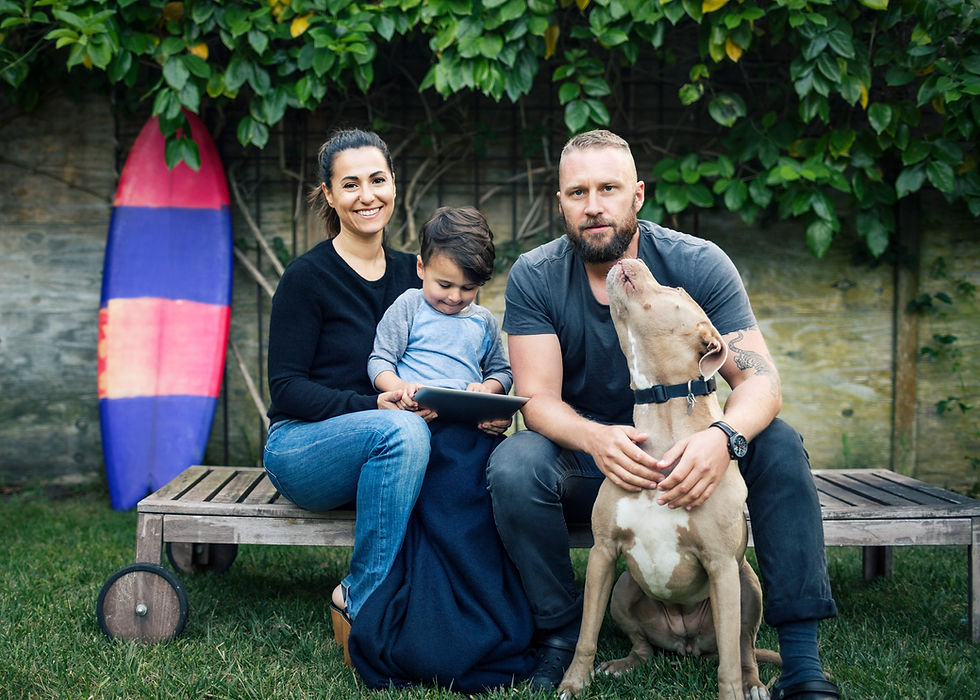managing endings and transitions in foster care
- Aug 27, 2024
- 3 min read
Part of being a foster carer is dealing with endings and transitions that occur in foster care, and helping children and young people to manage the changes that go on in their lives.
Placements can end for different reasons, some of them planned and some unplanned. Our priority will always be supporting the child with whatever ending and transition will be taking place.
planned endings
At asphaleia, when we place children in foster families, we work within a care plan for each individual child. When children first come into care it is usually unknown if it will be long-term or if there is a plan for them to return home, or if the local authority is looking at kinship care (when a family member is supported to care for the child/children).
A planned ending would be something that all parties are aware of and are working towards. It could be that the young person is becoming an adult, they are nearing 18 and have a long-term plan in place for that, or they are returning home. Children might have gone through the court process and a decision has been made that they will be returning home and we would work with the local authority and the birth parent/s to do that in a smooth and managed way.
We want all children to have a planned ending wherever possible. But we know in some circumstances that can’t happen.

unplanned endings
As an agency, we work hard to ensure children aren’t moved around frequently and so we do a lot of work with carers and children to make a placement work for everyone involved. Part of this effort will involve working with the local authority, involving our mental health lead staff member, providing training, discussing solutions in supervisions, and offering the carers respite to try and support the carers to work through anything that might be beneficial to hold that placement.
However, in some circumstances we would have to give notice and we would work within that plan to move the child or young person on as smoothly and carefully as we can.
support for carers
We are aware that when people have been living together they form an attachment and it’s often difficult to see the positives when a child you have grown fond of is moving on. At asphaleia, we support our carers and talk through openly and honestly about the good work they’ve done in order to prepare the child for moving on. And we always remind them that there are many other children needing support that they can share their skills with.
For unplanned endings it is important to encourage our carers to do this professionally and supportively to the child as it’s so important for the child to have an experience of moving on in a positive manner.
transition from fostering to staying put placements
When a fostered young person is 16 and a half or 17, we would be planning what will happen when they reach 18 and become an adult. At this age they can no longer be fostered and the decision to do a Staying Put placement with the young person is a decision the carers need to discuss and agree together.
We encourage carers to do Staying Put because we don’t believe young people at the age of 18 are prepared for adulthood and we’d like them to remain in a family unit. Most children look forward to their 18th birthday, but for looked after children this is a time of much anxiety and uncertainty. If they stay in Staying Put placements they have 24/7 support still.

There is a change in finances but the allowance to the child will stop because young people will be entitled to income support. Carers will support them to budget and live off that money. Fees will be negotiated with the local authority and agreed and prepared in advance of the young person turning 18.
The responsibility also changes because carers are no longer looking after a child. The emotional support that young people can receive from carers is the main thing that they benefit from by Staying Put.
If a carer has the room, it is possible to do Staying Put alongside fostering. We do a DBS check on any young people once they turn 17 as they would be seen as an adult living in the house.
We work within asphaleia policies when it comes to placement endings and transitions. All foster carers have access to the policies and are able to prepare questions in advance of any meetings with their supervising social workers.
We pride ourselves on having good endings for the young people we work with and we encourage wherever possible for relationships to continue after placements end.







